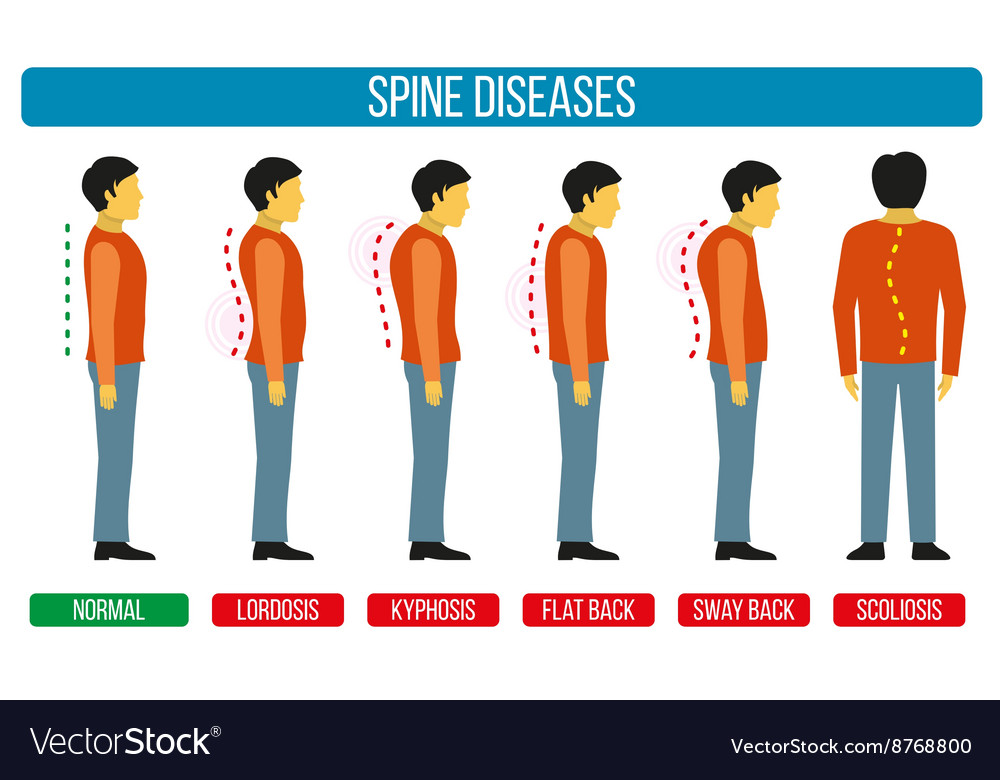The Duty Of Nutrition In Pain In The Back Monitoring: Foods To Consume And Stay Clear Of
The Duty Of Nutrition In Pain In The Back Monitoring: Foods To Consume And Stay Clear Of
Blog Article
Write-Up Author-Hsu Sharpe
When it concerns handling your back pain, the food choices you make can significantly influence just how you feel every day. Imagine having the ability to reduce your pain just by changing what you consume. By recognizing the function of nutrition in back pain management and recognizing which foods to include or stay away from, you can take proactive steps in the direction of a healthier and much more comfy way of life. The link between nutrition and back health and wellness is much more extensive than you may recognize-- let's discover exactly how certain foods can either soothe or aggravate your neck and back pain.
Relevance of Nutrition in Neck And Back Pain
Nutrition plays an essential function in handling back pain. Your diet can substantially influence inflammation levels and total pain levels in your back. Taking in a well balanced diet regimen abundant in nutrients like vitamins D and K, calcium, magnesium, and omega-3 fatty acids can help reduce swelling and reinforce bones, which are important for back health.
Furthermore, maintaining a healthy and balanced weight via appropriate nutrition can minimize stress on your back, minimizing the risk of pain in the back.
Moreover, specific nutrients like anti-oxidants found in vegetables and fruits can help combat oxidative stress and promote recovery in the body, consisting of the back muscle mass and back.
On the other hand, consuming excessive quantities of refined foods, sugary beverages, and undesirable fats can add to swelling and weight gain, aggravating pain in the back.
Foods to Eat for Back Health And Wellness
To support a healthy and balanced back, incorporating nutrient-rich foods right into your daily dishes is vital. Consisting of lower back strain treatment in antioxidants like berries, spinach, and kale can help reduce inflammation in your back, reducing discomfort and pain. Omega-3 fats discovered in fatty fish such as salmon and mackerel have anti-inflammatory residential properties that can benefit your back health and wellness.
In addition, eating nuts and seeds like almonds, walnuts, and chia seeds provides necessary nutrients like magnesium and vitamin E, which support muscular tissue function and decrease oxidative tension. Integrating lean proteins such as poultry, turkey, and tofu can aid in muscle repair service and upkeep, promoting a strong back.
Do not neglect to consist of dairy products or strengthened plant-based alternatives for calcium to support bone health and wellness. Lastly, hydrate with lots of water to keep your spine discs moistened and operating ideally. By including these nutrient-dense foods in your diet regimen, you can nurture your back and assistance general back health.
Foods to Prevent for Back Pain
Go with preventing processed foods high in sugarcoated and trans fats when looking for remedy for pain in the back. These sorts of foods can contribute to inflammation in the body, which may worsen back pain. Say no to sugary snacks like candy, breads, and sugary beverages, as well as convenience food things like hamburgers, fries, and fried hen that are typically filled with trans fats.
In addition, steer clear of foods including high degrees of polished carbohydrates, such as white bread, pasta, and breads, as they can surge blood sugar degrees and possibly worsen inflammation in the body.
It's also wise to restrict your intake of foods high in saturated fats, like red meat and full-fat dairy products, as they can add to swelling. Refined foods like deli meats, chips, and packaged snacks are often high in saturated fats and must be consumed in moderation.
Conclusion
In conclusion, taking note of your diet plan and making smart food choices can have a substantial impact on taking care of neck and back pain. By integrating nutrient-rich foods like berries, fatty fish, nuts, and lean proteins, and avoiding processed and sweet products, you can help reduce swelling and support generally back wellness. tightness in lower back in mind, what you eat plays a critical duty in exactly how you feel, so see to it to prioritize your nourishment for a healthier back.
